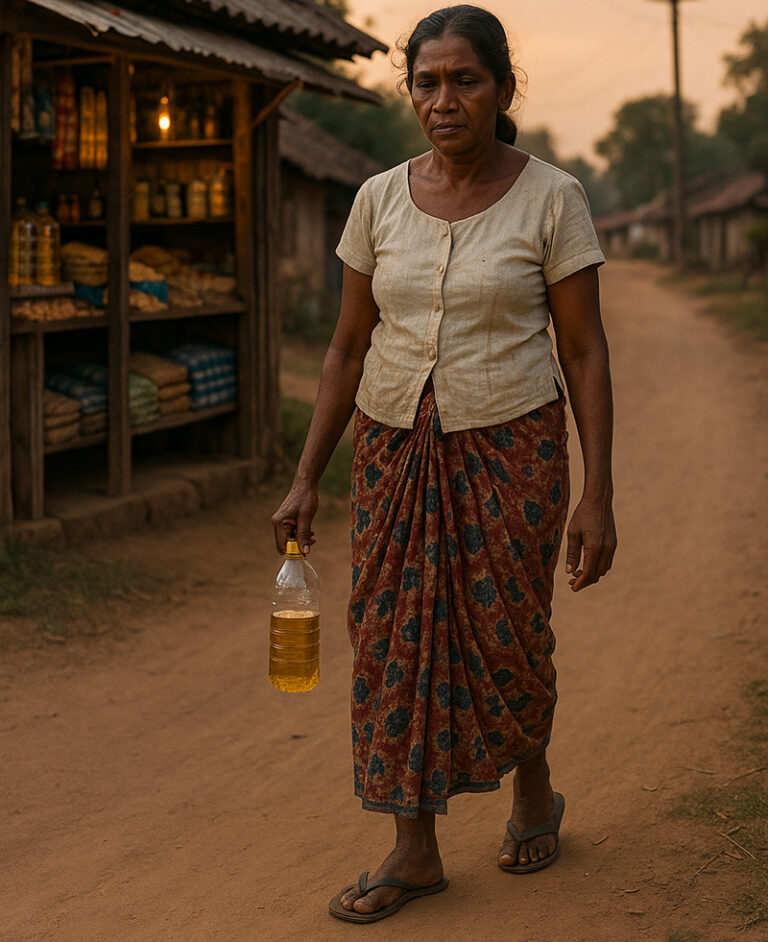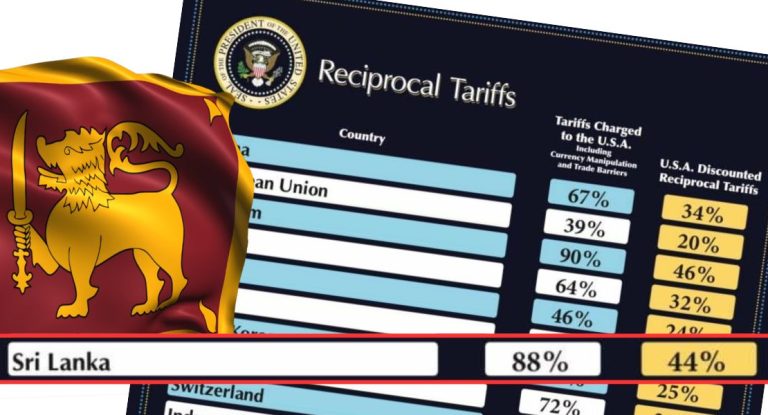Opposition Leader Sajith Premadasa has sounded the alarm over the looming collapse of the Pelwatta and Sevanagala sugar factories—two institutions that have long served as economic lifelines for thousands of rural Sri Lankan families. Speaking at a gathering of sugarcane farmers and factory workers at Sri Chandra Madhuraramaya in Buttala on August 2, Premadasa described a deepening crisis marked by debt, unpaid wages, and a breakdown in factory operations.
“These factories have been crippled by mounting financial liabilities. Farmers and workers are now facing a dire situation,” he warned. “We will not wait idly until these institutions are closed.”
The numbers are stark. Pelwatta Sugar Factory, employing 3,795 permanent staff and supporting over 17,000 registered sugarcane farmers, has failed to remit Rs. 320 million in deducted EPF contributions. It has already borrowed Rs. 2.5 billion in 2024 from the Bank of Ceylon just to pay wages.
Sevanagala Sugar Factory is in no better shape. With 1,300 workers and 3,900 dependent farmers, it currently owes Rs. 205 million to cultivators, Rs. 15 million in EPF, Rs. 400 million in VAT, and Rs. 100 million to suppliers.
A Bitter-Sweet Legacy
Established during the liberalisation era of President J.R. Jayewardene in the 1980s, the Pelwatta and Sevanagala factories were part of a push to reduce dependency on sugar imports. Pelwatta Sugar Industries Ltd. was once a flagship state enterprise before being privatised and eventually taken over by the Distilleries Company of Sri Lanka PLC, under Melstacorp. Sevanagala too transitioned into private hands, becoming part of the DCSL Group, though its operations remained closely linked to state policies.
But what began as a dream of rural empowerment has become a tale of debt and dysfunction. Both factories today struggle with outdated machinery, low yields, and escalating production costs.
What Can the Government Really Do?
Premadasa invoked a recent comment made by President Anura Kumara Dissanayake during a visit to the Maldives, where the President stated that Sri Lanka has sufficient funds for urgent needs. “If that’s true,” Premadasa said, “then the government should immediately settle the debts of these two factories and restore their operations.”
It’s a fair demand. With thousands of livelihoods at stake—not just employees but also lorry drivers, smallholders, and suppliers—this is more than a corporate problem. It’s a social one.
But At What Cost?
Despite the government’s capacity to inject funds, there is an uncomfortable truth: the long-term viability of these state enterprises is questionable. Continued state investment in unprofitable operations drains public resources that could otherwise support essential services like health, education, and welfare.
Privatisation, often proposed as the answer, comes with its own set of challenges. Sri Lanka’s high cost of sugar production makes the industry unattractive to private investors unless deep structural reforms and subsidies are ensured—an unlikely scenario in the current economic climate.
The Human Cost
As the debate unfolds in political circles, it’s the workers and farmers who live with the uncertainty. For many, sugarcane is not just a crop—it is their only source of income. Families are now trapped between hope and hardship, wondering if their factories will revive or wither away.
If there’s one thing clear in this muddled situation, it is that the government owes the people—not just a decision, but a direction. One that does not ignore the real suffering behind the statistics.






